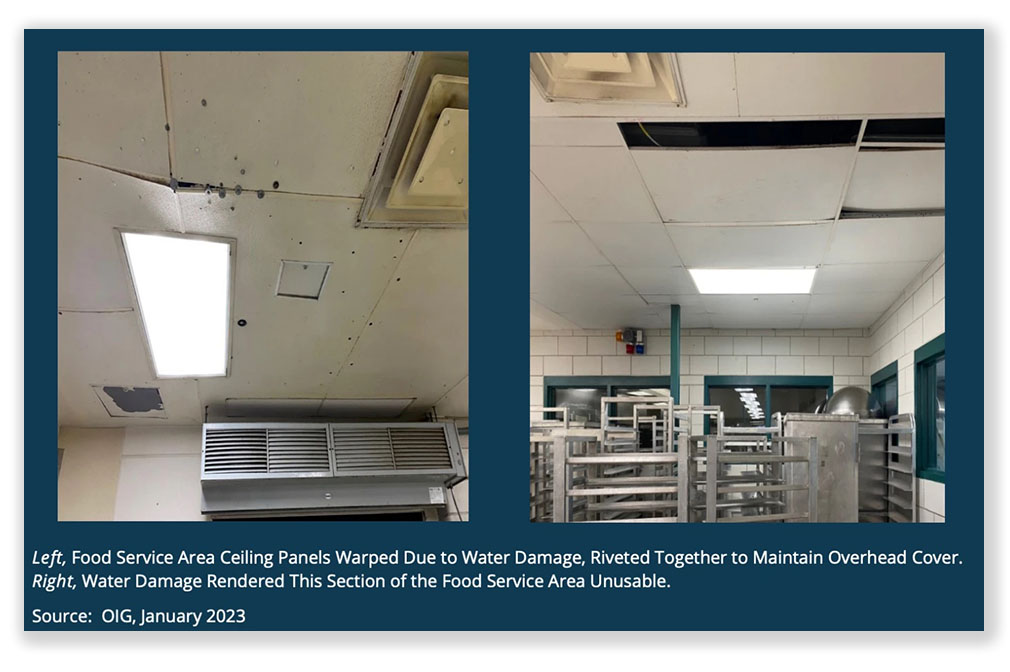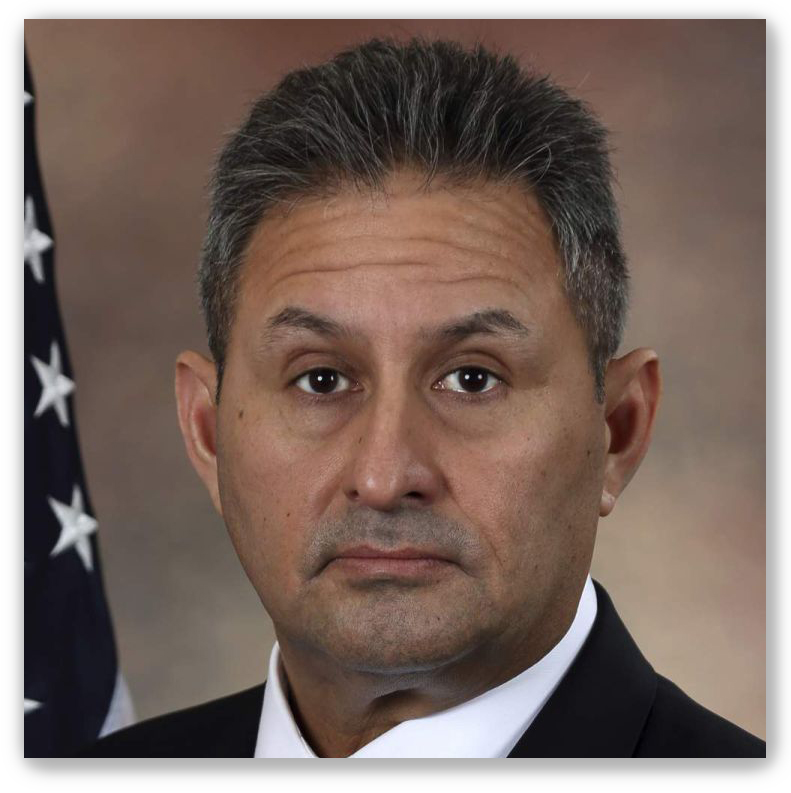We post news and comment on federal criminal justice issues, focused primarily on trial and post-conviction matters, legislative initiatives, and sentencing issues.

PHONE CALL MAY BE A SCAM… OR NOT
The Bureau of Prisons reissued a press release last week warning prisoners and their families of a phone scam in which callers identify themselves as BOP employees and demand money for halfway house or home confinement placement. The BOP stated that it “will not contact individuals to request personal information or money.”
 This scam, of course, would not fool federal inmates. They already know that getting the BOP to place people in halfway house or home confinement for the amount of time they’re entitled to for their FSA credits can’t be solved with mere bribes (which are illegal anyway and would just get prisoners more time).
This scam, of course, would not fool federal inmates. They already know that getting the BOP to place people in halfway house or home confinement for the amount of time they’re entitled to for their FSA credits can’t be solved with mere bribes (which are illegal anyway and would just get prisoners more time).
More concerning is a scam in which callers claim to be US Probation Officers and demand personal information or money for halfway house or home confinement placement or relocation approval. Real USPO officers actually do call families from time to time, but usually just to make a home inspection appointment.
 Lesser-known phone frauds that may affect the BOP: Roll Call reported last week on the 38% haircut BOP took on its facilities budget in new appropriations bill. Last year, the BOP got $290 million repair and maintenance, but only $108 million came through regular appropriations. The other $182 million came through emergency funding.
Lesser-known phone frauds that may affect the BOP: Roll Call reported last week on the 38% haircut BOP took on its facilities budget in new appropriations bill. Last year, the BOP got $290 million repair and maintenance, but only $108 million came through regular appropriations. The other $182 million came through emergency funding.
Due to last summer’s Fiscal Responsibility Act, any call Director Peters gets from Congress promising emergency money this year is probably a scam. The paltry $179 million the BOP got “reflect[s] a thoughtful, serious approach to what can be achieved in a single given year… and then also given the overall environment of the Fiscal Responsibility Act,” Assistant Attorney General Jolene Lauria told Roll Call, trying to put a good spin on a repair budget that falls 96% short of the $3 billion needed to fix decaying infrastructure.
A phone call that would not be a scam: If a BOP warden gets a call from the front gate that a herd of inspectors from the Dept of Justice Office of Inspector General is demanding to be let in for an unannounced inspection, it’s probably the real thing.
 Speaking at a National Press Foundation function recently, DOJ Inspector General Michael Horowitz said, “My 500 personnel [are] comprised mostly of auditors and law enforcement agents. We also have evaluators and inspectors. One of the things we’re doing now, by the way, is unannounced inspections of federal prisons, and those are much smaller groups compared to the auditors and the agents.”
Speaking at a National Press Foundation function recently, DOJ Inspector General Michael Horowitz said, “My 500 personnel [are] comprised mostly of auditors and law enforcement agents. We also have evaluators and inspectors. One of the things we’re doing now, by the way, is unannounced inspections of federal prisons, and those are much smaller groups compared to the auditors and the agents.”
Horowitz contrasted innocent mistakes found in some DOJ offices to recent BOP revelations: The problems the IG uncovered in other offices were “usually… one of the lawyers who didn’t quite understand rules, didn’t abide by the rules, played fast and loose with the rules and got in trouble… Wasn’t, you know, generally people stealing, people being bureaucratic. It was, you know, people trying to get things done right. And then on the other hand, go to the Federal Bureau of Prisons, which the current director is the 8th director in my 12 years there, right?”
Horowitz also said, “Whistleblowers are critical to who we are, what we do. We take their complaints seriously, we take retaliation against them particularly seriously. But whistleblowers are very important part of what we do.”
BOP, Phone Scams Impacting Adults in Custody (August 23, 2023, reissued last week)
Fiscal Responsibility Act, HR 3746 (June 3, 2023)
Roll Call, Congress cuts federal prison infrastructure funding (March 20, 2024)
Nationall Press Foundation, ‘The Truth Still Matters’: Justice Department Inspector General Highlights Non-Partisan Work (March 15, 2024)
– Thomas L. Root

















